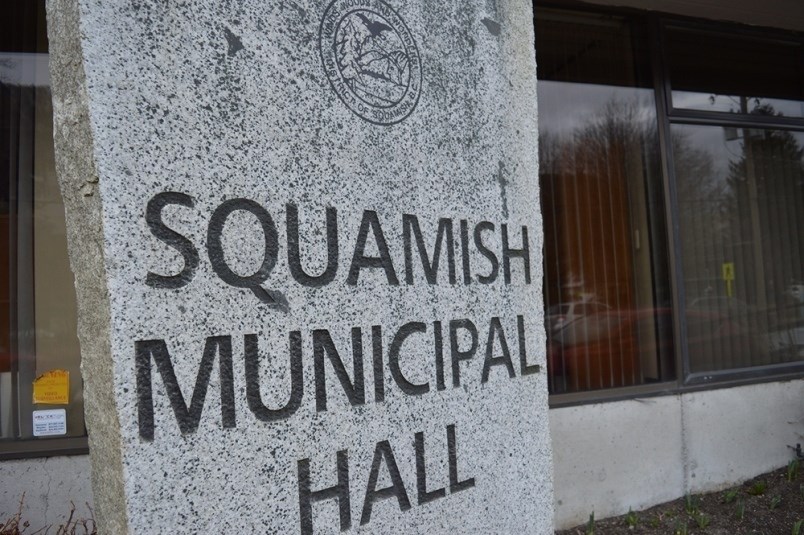District of Squamish council has signalled it will be shutting down the latest attempt of developer Bob Cheema to get permission to develop his lands.
On Dec. 8, council defeated a motion in a 4-3 vote that would’ve allowed staff to start a comprehensive review process for Cheema’s application.
Councillors Chris Pettingill, Jenna Stoner, Doug Race and Mayor Karen Elliott were opposed.
Councillors John French, Eric Andersen and Armand Hurford were in favour.
The developer is asking the municipality to extend the growth management boundary of the Official Community Plan, or OCP, in a manner that would allow him to start building on his property, District Lots 509 and 510, otherwise known as the Cheema lands.
The defeated motion would’ve provided the best chance for the developer to shape his application in a manner that would get approval from council.
It wouldn’t have been a signal of outright support, but it would have kickstarted a process that may have resulted in Cheema getting to finally start building his long-proposed residential development.
Instead, council voted against it, and replaced that motion with another signalling council deemed the project hadn’t met enough of the requirements outlined in the OCP. That motion received support from everyone except Coun. John French.
Up until this point, one of the main reasons Cheema isn’t allowed to develop is because of a population threshold in the OCP. It specifies that development may not occur outside the growth management boundary unless the population of Squamish is at least 22,500.
The intent behind the boundary is to prevent the community from sprawling throughout the land and stretching municipal infrastructure thin.
Cheema’s land is outside the boundary, and therefore he may not develop until Squamish’s population reaches that level.
However, the municipality’s director of planning, Jonas Velaniskis, said that it’s quite likely the town already has met that population threshold as of this year.
As a result, the Cheema project may have met that requirement in the OCP.
However, council debated that this was not the only stipulation of the OCP that must be met.
Elected officials noted that the OCP also requires that 75% of the area within the growth management boundary be developed before the boundary expands.
Velaniskis said that this has not happened.
Those on council who voted against the Cheema project said this was a major concern. There were also other criteria in the OCP that they felt were not met.
Mayor Karen Elliott said that there’ve already been other approved projects that haven’t been built yet, and she would prefer to see them constructed first before action is taken on this file.
“To me, the OCP was a very strong indication in our community that growth should be managed,” said Elliott.
Elliott also said if council gave this project permission to move to the next step, it would be making an exception, and would create a “dangerous precedent” for breaching the OCP.
She also said working on the project prematurely would swallow too much staff resources when other, more pressing, issues were at hand. This included things like the wildfire development permit area and its effect on housing affordability, as well as housing diversity.
“It would be like a python swallowing a pig,” said Elliott. “It will take up a lot of time when we have a lot of issues around growth.”
However, Coun. French said that there will be an extremely lengthy process involving consultation with governments, First Nations, residents and more.
“Once staff is directed to adjust the growth management boundary a long, long process will begin,” he said.
A sub-area plan, among other things, would be created and this would take years, he said.
“This isn’t going to be a rush to development. It’s going to be years — many years — before any shovels get into the ground,” French said.
French reasoned while things like the sub-area plan are being done, construction will be happening within town, alleviating concerns that the municipality wouldn’t have filled up 75% of the space within the growth management boundary before expanding.



